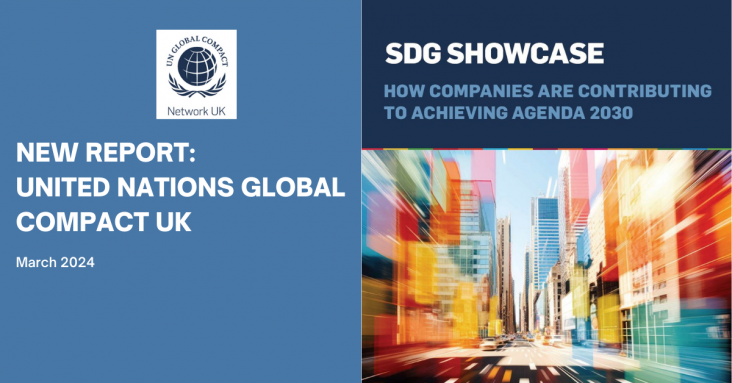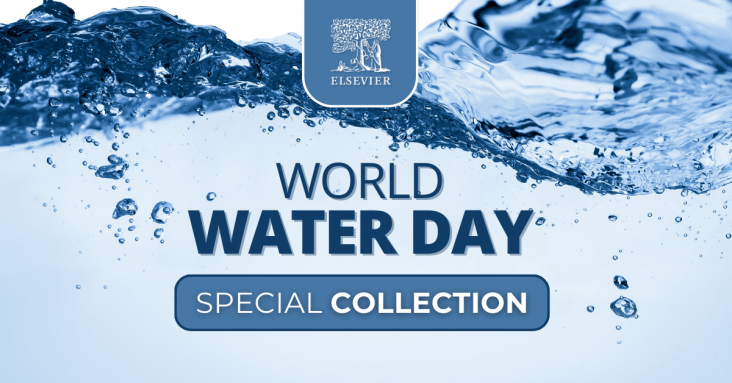Amphibian rewilding initiatives may provide early indications of ecological health and better contribute to conservation goals, by simultaneously protecting highly endangered species, and promoting ecological stability in these species ecosystems. Authors recommend the rapid (re)introduction of this “forgotten” taxon via the guidelines of trophic rewilding.
As climate is changing ecosystems, how to do alter our goals for conservation
Conservation translocations have become popular and important conservation tools and this paper reviews the recent studies concerning animal translocation redefining the field to translocation science to embrace sociopolitical factors.
This review paper highlights the significance of rewilding using reptiles for the purpose of ecological restoration and it outline the consequences for reptilian rewilding under climate change.
This Review supports SDGs 3 and 15 by exploring the links between climate change, biodiversity loss, and infectious diseases. The authors focus on the social, political, and financial factors that frame these issues, and suggest that a better understanding of these interactions is needed to drive solutions.
This paper supports SDGs 3 and 15 by examining environmental exposures and risk of inflammatory bowel disease (IBD) in early life in a Danish cohort. The study found that increased agricultural land use was associated with a higher risk of Crohn's disease, while increased biodiversity and green space were associated with a lower risk of Crohn's disease. These findings may have implications for IBD prevention.
This study has provided a spatial view of the temporal trends in gregarization in the CLCPRO countries since 1985.
The paper highlights the interconnectedness of public health crises, such as pandemics, with biodiversity loss and climate change, as increased demand for materials to combat infectious diseases exacerbates environmental pressures, posing a threat to global sustainability and biodiversity.

In recent years, increased expectations from investors, regulators, employees, and customers have put significant pressure on companies to increase their sustainability efforts.
The Sustainable Development Goals (SDGs) are not just another sustainability framework, but the only universally agreed blueprint to turn meaningful ambition into transformational change. However, businesses report difficulties in integrating the SDGs into their core strategies and in understanding, reporting, and managing their impact on the Goals.

Every year, World Water Day raises awareness and inspires action to tackle the water and sanitation crisis. To mark World Water Day 2024, Elsevier has curated a free special collection of journal
